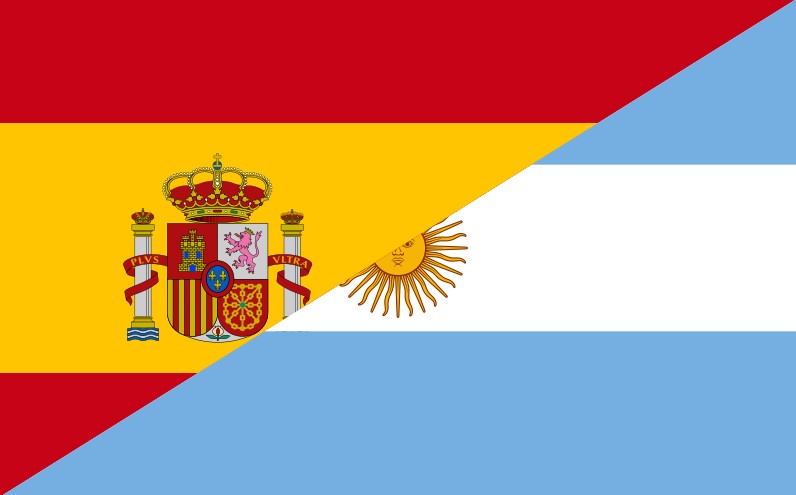Is there a secret to longevity? This health expert says 1,000% yes
In the era of social media, post-COVID, and with mental health at the forefront, a shift is taking […]

Argentina and Spain are embroiled in a historic diplomatic standoff, leaving many wondering if there is any hope for a resolution. As tensions rise, incited by personal hostility and opposing ideologies, can these two countries overcome their differences, or are they doomed to perpetual conflict?
The arguments
Milei’s fast rise from television pundit to president represents Argentina’s shifting political tides. His populist appeal and anti-establishment statements appeal to a sizable segment of the people dissatisfied with traditional politics.
However, his unconventional approach and fondness for spectacle, such as book releases that double as musical concerts, have raised eyebrows both domestically and internationally.
A battle of ideologies
Milei’s attack on Sánchez and his government indicates a collision of ideas. Milei, an advocate for libertarian economic ideals, accuses Sánchez of arrogance and socialism. This raises more general concerns regarding the compatibility of political beliefs in an increasingly polarised environment.
Domestic distractions
Milei’s outburst coincided with domestic concerns for both administrations. For Sánchez, it provides a handy distraction from Spain’s rising challenges, which include economic hardships and social upheaval. Meanwhile, Milei’s government in Argentina is dealing with an economic downturn, increased poverty, and a wave of protests by diverse sectors, including police officers seeking higher pay.
Milei’s political calculus
Some view Milei’s actions, especially his reluctance to apologise and his worldwide tour, as a calculated attempt to strengthen his domestic political standing. On the other hand, critics question his use of public funding for what they see as primarily personal vacations. Furthermore, Milei’s approach, which is more akin to a political coalition leader than a national president, raises concerns about the blurred lines between personal ambition and official issues.
The facts
During a speech in Madrid, Argentine President Javier Gerardo Milei criticised Spanish Prime Minister Pedro Sánchez and accused his wife of corruption. Milei’s remarks were in response to a legal case filed against Sánchez’s wife by a group known for opposing socialist politicians.
Sánchez demanded an apology from Milei, but he refused, claiming to be the offended party. Meanwhile, Manuel Adorni, Argentina’s presidential spokesman, described the altercation as a “strictly personal issue” caused by opposing opinions.
In response to the confrontation, Spain has recalled its ambassador to Buenos Aires in protest. Both parties see the debate as a diversionary ploy to divert attention away from domestic issues.
Milei, Argentina’s president, did not greet PM Sánchez or King Felipe VI during his visit to Spain, despite a previous friendly meeting with the king in Buenos Aires.
Milei’s international visits, including one to Spain, have sparked criticism for their use of public monies and perceived privacy. Analysts have described his actions as those of a political alliance leader rather than a national president.
Argentina is experiencing an economic downturn, with a 3.2% year-on-year GDP reduction and rising poverty and unemployment rates.
Police officers in northern Argentina protested for salary increases, accompanied by other government employees, teachers, agricultural producers, and jail workers.

In the era of social media, post-COVID, and with mental health at the forefront, a shift is taking […]

With its fast speeds and revolutionary potential, 5G stands out as a noteworthy milestone in the field of […]